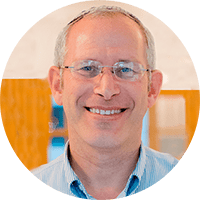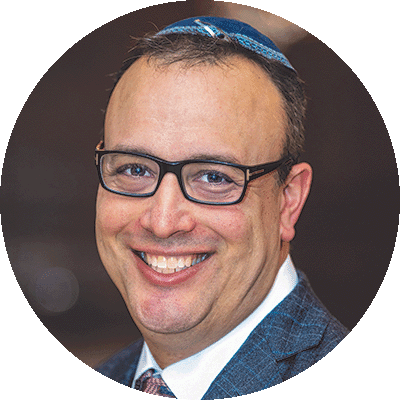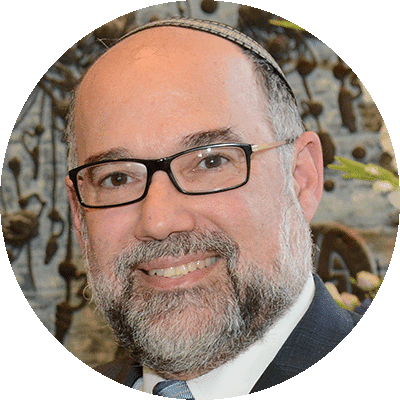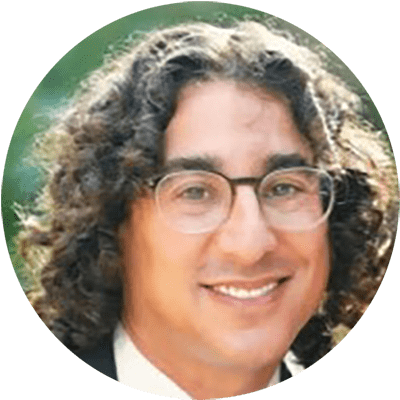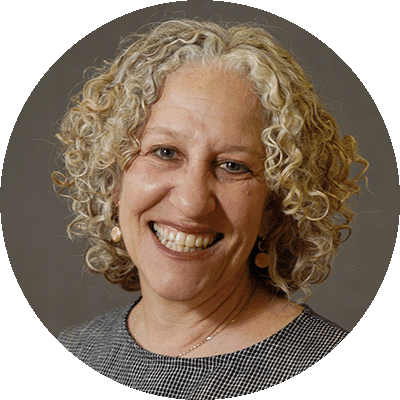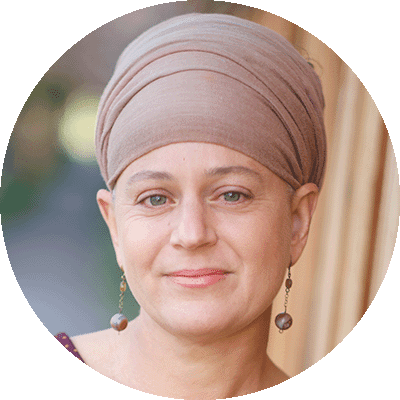In the 1970s, UJA’s rallying slogan was: “We are One.” Indeed, those were the days in which the Jewish community banded together over three core principles—commemoration of the Shoah, saving Soviet Jewry (and Syrian Jewry and Ethiopian Jewry), and Israel. The past fifty years have eroded each of those. People are tiring of the Shoah and are eager to move on from what Salo Baron termed the “lachrymose conception of Jewish history.” Soviet Jews left en masse in the 1990s with the fall of the Berlin Wall and the collapse of the Soviet Union, and Jews of Syria and Ethiopia have mostly migrated and resettled as well. And Israel, which is itself grappling with unparalleled polarization, no longer serves as a uniting factor for many North American Jews. All this leaves us, fifty years after the UJA banner, with a dramatic shift in punctuation: “We Are One?”
For many, these major shifts, and the many minor ones that emerged in parallel, pose a great challenge. Can we find a way to speak with those who are passionately different from us? Do we even want to find a way to speak with them, or are we comfortable shielding ourselves from those tense interactions? For others, the opportunity to create diverse communities presents great possibilities. People of different flavors and stripes can learn with and from each other. Their worlds expand as they meet people who are so different from themselves. They learn to accept and to find acceptance. Their worlds become colorful and expansive rather than narrow and monolithic. They live not in fear of “the other” but with the hope of finding the common ground between those “others” and themselves.
As microcosms of our communities, and as micro-communities, Jewish schools grapple with the core question of welcoming or shunning diversity. They need to accommodate both the progressives and the protectionists—and make both feel safe. They need to navigate between the desire to take sides and the need to be neutral. They need to teach tolerance while struggling to include the intolerant. They need to define their own identities and values while struggling to define how wide they want their tents to be. They need to deal with real questions that have immediate, practical implications.
Jewish schools have additional layers to add to this complex mix. Can an Orthodox school committed to teaching halakhic observance and commitment include families who are not as interested in halakha? Can an egalitarian community school make room for students who refuse to pray in a coed minyan or include the matriarchs in the Amidah? And how do any of them teach about Israel while dealing with the multiplicity of views amongst their student and parent bodies?
For this issue of the journal, we spoke with eight heads of Jewish day schools from across North America. We wanted to hear and share their struggles with these issues as they strive to maintain their schools’ identities while embracing a broad swath of the communities they serve. We wanted to hear the articulation of their own levels of openness to different types of students and families, what they saw as the challenges and opportunities, and how they engender a passion for Judaism while validating multiple versions of what Judaism even means. We sought a broad representation—male and female leaders serving in elementary and high schools, smaller schools and larger schools, schools in major Jewish metropolitan areas, and those serving smaller communities, as well as Orthodox and community schools from a diverse geographical spectrum. Our conversations with them were truly illuminating, both in how different their approaches were and in the striking similarities amongst them.
We found their comments thought-provoking and inspiring, and we believe that you will be able to learn from this extraordinary collection of conversations as you conduct your own conversations in your schools and your communities. Perhaps we can generate a different kind of punctuation for that UJA banner, one which will hold true despite—or perhaps as a product of—our differences.
BIVRAKHA,
RABBI ZVI GRUMET, ED.D.
